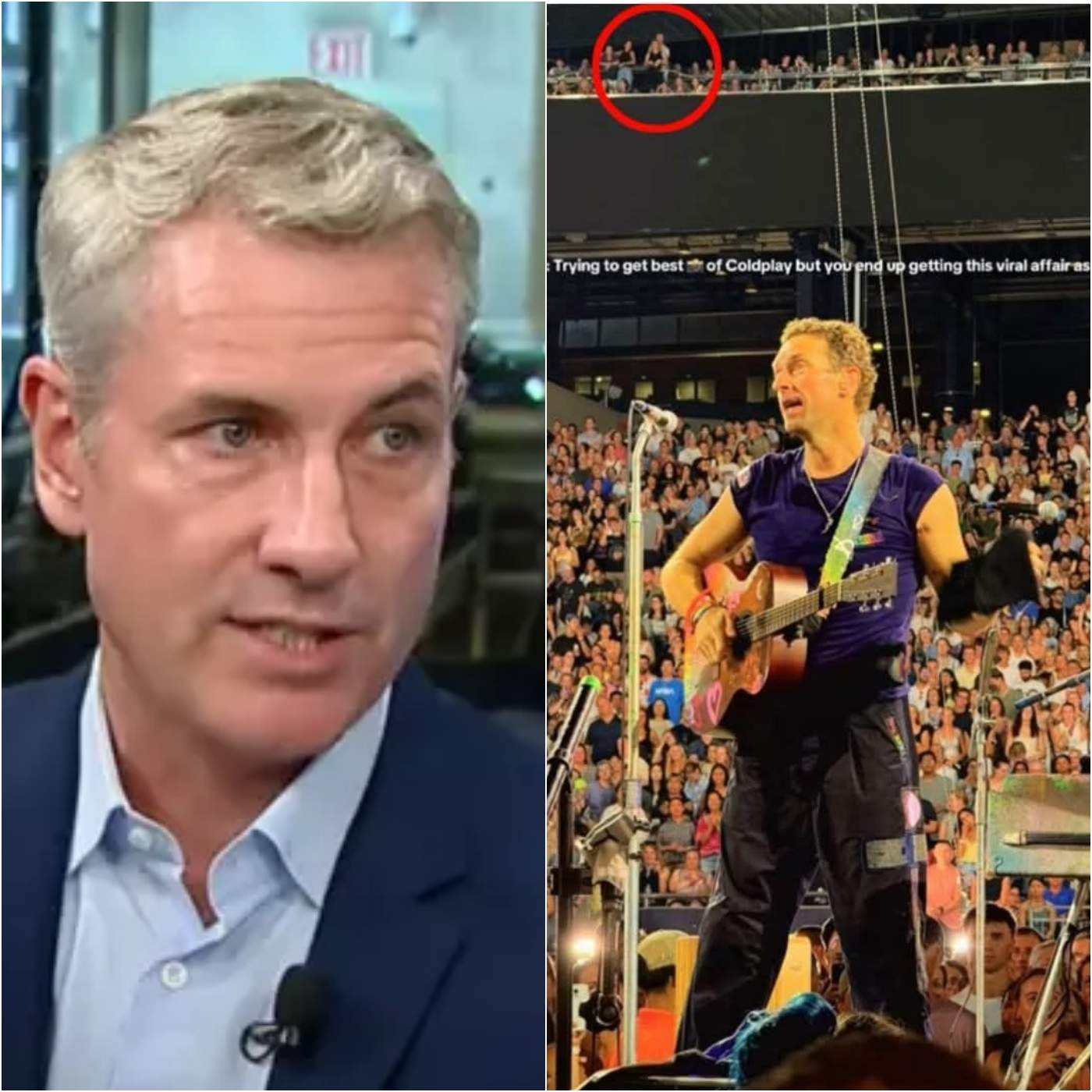In the quiet, steady hum of MSNBC’s flagship studio on a sweltering July evening in 2024, Stormy Daniels took her seat across from Rachel Maddow. What followed was not just another prime-time interview. It was a national reckoning—raw, unfiltered, and devastating in its ordinariness.
There were no theatrics. No emotional breakdowns.
Only a woman—tired, unwavering, and quietly defiant—describing in plain terms what it means to speak out against the most powerful man in America. And to survive it.
I. The Pause That Froze America
Rachel Maddow is not easily shaken. But when she asked Daniels how life had changed since Donald Trump’s historic conviction on May 30, 2024, even Maddow wasn’t prepared for the answer.
Daniels didn’t cry. She didn’t lash out.
She paused.
A silence so thick it pulled the air from the studio. Then, she spoke:
“For that brief moment it was worth me testifying. But for every person that was excited and thrilled and congratulating me, there was somebody else that was very upset. And it just poured gasoline on some of the stuff that I had been going through the entire time.”
The message was clear: the verdict wasn’t an ending. It was an escalation.
II. When Justice Makes You a Target
For much of the country, Trump’s conviction on 34 felony counts of falsifying business records felt like long-overdue accountability. He became the first former U.S. President ever convicted of a crime, facing up to four years in prison for each count.
But for Stormy Daniels—the witness at the center of it all—justice had a different shape.
It looked like a shattered mailbox, injured pets, and a daughter trapped indoors.
“My mailbox was destroyed. My animals have been injured. My daughter can’t go outside because there’s press and looky loos out there. I’m afraid to go outside. I’m afraid to go out and mow the lawn.”
This wasn’t drama. This was daily life.
And that’s what made it so terrifying.
III. The New Face of Witness Intimidation
Forget Hollywood tropes of dark alleys and shadowy men in suits.
What Daniels described was a digitally-enabled, crowd-sourced form of retaliation—faceless, constant, and public.
She was doxxed. Her address spread online. Her phone number leaked. Reporters camped outside her home. Strangers drove by slowly, their faces visible.
“The death threats are so much more graphic and detailed and brazen. Like people don’t care. And it’s scary.”
This wasn’t just trauma. It was deliberate social punishment—a message to every potential witness in every future case: If you testify, your life is over.
IV. What She Saw, What She Endured
To understand what Daniels faced, we must remember what she testified.
In May 2024, she took the stand in People of the State of New York v. Donald J. Trump, recounting a 2006 sexual encounter with Trump at a Lake Tahoe golf tournament. The sex, she admitted, was technically consensual—but deeply unwanted.
“It was gross. It was something I wouldn’t wish on anyone.”
What followed in 2016 was the $130,000 hush money payment, secretly arranged by Trump’s then-attorney Michael Cohen, just days before the election. That payment—along with falsified records to cover it—formed the legal basis of the charges.
Daniels didn’t volunteer this story. She was pulled into it—first by circumstance, then by subpoena.
And yet, she’s the one who paid.
V. “They Said I Blacked Out.”
Daniels’ testimony was detailed and deliberate. But some media outlets twisted a crucial part.
“They said I blacked out. But I didn’t. I blocked it out.”
That distinction is everything. Mental health professionals call it dissociation—a psychological defense, not a sign of lying, but of surviving.
This misquote became a meme. A punchline.
And the trauma? Ignored.
Daniels also addressed the now-infamous detail about Trump’s genitals—another moment where truth met mockery.
“If there had been a scar. Or a birthmark. I would’ve used that instead.”
But there wasn’t. So she told the uncomfortable truth. And she was crucified for it.
VI. “I Was Subpoenaed. I Didn’t Ask for This.”
Perhaps the most powerful part of Daniels’ Maddow interview was her insistence on one truth:
She had no choice.
“I did nothing but answer the questions. I didn’t ask for this. I’m getting nothing except hate mail.”
She was subpoenaed. She was unpaid. She didn’t bring charges.
She didn’t seek publicity. In fact, she had tried to avoid the spotlight.
“I had to shut down my life. I was basically—my choice—sequestered.”
Yet in public discourse, she was branded everything from an opportunist to a traitor.
VII. “My Daughter Will Read This One Day.”
And then, the moment that broke through all defenses—hers and ours.
“I testified knowing my daughter will read it one day.”
No elaboration needed.
Every word, every image, every insult—will one day land in the hands of the child she tried to protect.
VIII. Sentenced — And Then Set Free
Trump’s sentencing was delayed.
July 11, 2024, became September, then November, then January 10, 2025—just ten days before his second inauguration.
And when the sentence finally came?
Unconditional discharge.
No jail. No fine. No probation.
A felony conviction with zero consequences.
For Trump, a political badge of honor.
For Daniels, a cruel reminder: you told the truth, and you’re still the only one paying for it.
IX. The Maddow Standard
Throughout the interview, Maddow did something rare in modern media:
She didn’t interrupt. She didn’t editorialize. She didn’t shift blame or soften blows.
She listened.
She let Daniels speak.
And when it was over, she didn’t summarize. She didn’t spin.
She just sat—silent, stunned, and deeply human.
That silence may have been the most powerful statement of all.
X. A Justice System Under Siege
Stormy Daniels’ story is not just about her.
It’s about what happens when power is above consequence, and truth-tellers bear the scars.
Others were targeted too.
Michael Cohen, Trump’s former fixer, was also doxxed. His family harassed. Jurors received threats.
This isn’t politics.
It’s the corrosion of justice in real time.
XI. The Questions That Still Haunt Us
Will witnesses like Daniels ever feel safe to testify again?
Can courts protect people from digital mob violence?
Has the justice system learned how to handle intimidation that doesn’t come with a gun, but with a retweet?
And most dangerously:
What message did Trump’s discharge send to future abusers in power?
If you have enough influence, enough followers, enough lawyers…
You can outlast justice.
XII. The Symbol She Became
Stormy Daniels never asked to become a symbol. But she became one anyway.
Not of scandal.
Of courage.
Of cost.
And of a terrifying truth: In Trump’s America, the truth might set you free — but only after it destroys you first.
“I never changed my story. Never revised. Never retreated.”
And in an age of shifting allegiances, political cowardice, and moral ambiguity…
That simple consistency might be the most dangerous threat of all.
Because in the end, it wasn’t just Trump she stood up to.
It was the machine built to protect him.
And that machine is still running.





